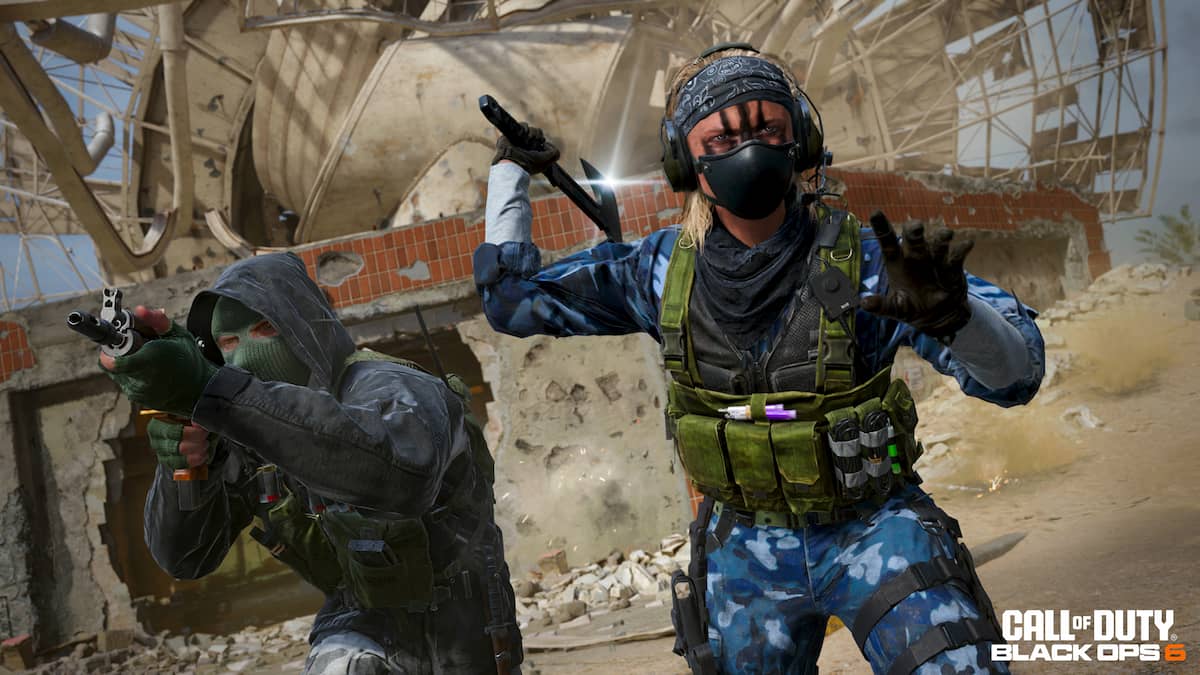The United States Federal Trade Commission will open an investigation on video game loot boxes. Democratic senator Maggie Hassan issued an official request for the investigation during a U.S. Senate Commerce, Science, and Transportation subcommittee hearing on Nov. 27.
FTC chairman Joe Simmons agreed to Hassan’s request, which cited other loot box regulations from Belgium, Japan, and the Netherlands. “Loot boxes are now endemic in the video game industry and are present in everything from casual smart phone games to the newest, highest budget releases,” Hassan said. “Loot boxes will represent a $50 billion industry by the year 2022.”
Related: Legislators are targeting loot boxes, here’s why
Hassan’s $50 billion quote is from a 2018 study from U.K.-based research agency Juniper Report. The massive number is supported by a $20 billion growth in four years, the total of which is equal to roughly half of the overall gaming industry’s estimated revenue in 2017 and more than 50 times the value of the esports industry as a whole, according to market research firm Newzoo.
She continued: “Given the seriousness of this issue, I think it is time for the FTC to investigate these mechanisms to ensure that children are being adequately protected and to educate parents about potential addiction and other negative impacts of these games.”
It’s loot boxes’ “close link” to gambling that could cause the most potential harm, Hassan said.
Video game loot boxes have seen close consideration over the past few years, brought forth by controversy surrounding Star Wars Battlefront 2’s loot crate system. Developer Electronic Arts has since reworked the system. Of course, all loot boxes are not created equal. Much of the push back is focused on “pay-to-win” models that use chance-based systems. But loot boxes are causing concern elsewhere, too. In China, developers are required to publish drop rates for loot boxes in an interest of transparency.
Belgium video game players are no longer able to buy loot boxes in-game using real money, per legislation that makes the practice illegal. Developers that continue to sell loot boxes could face criminal investigations.












Published: Nov 28, 2018 10:40 am